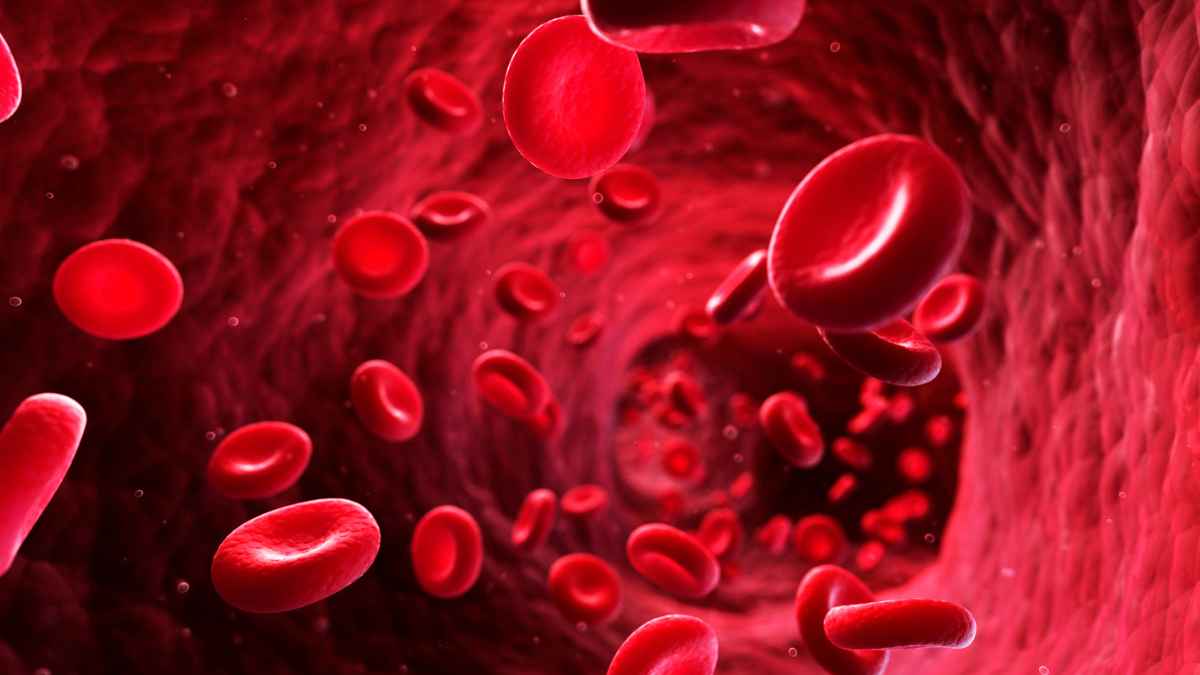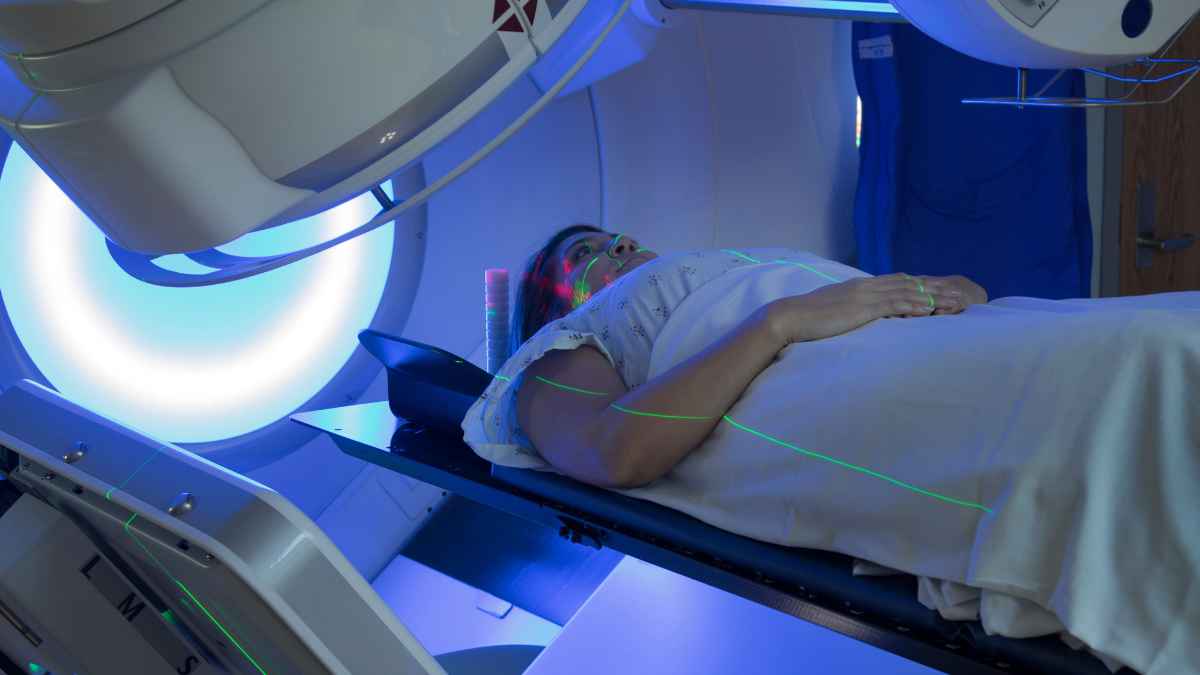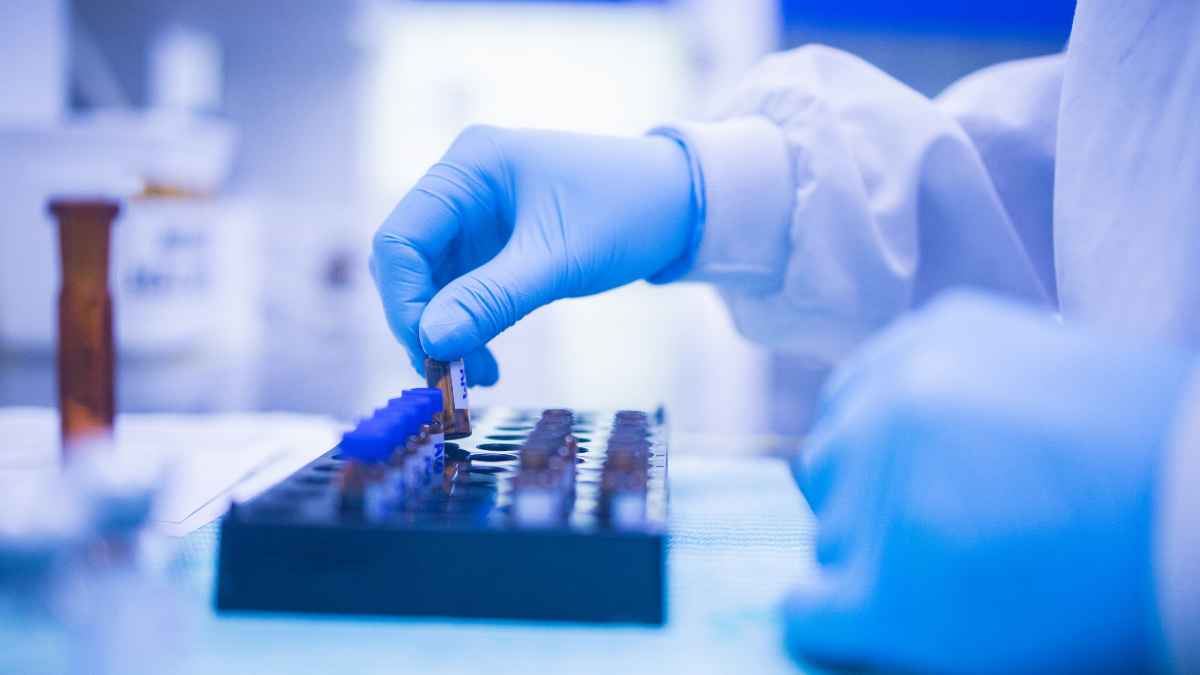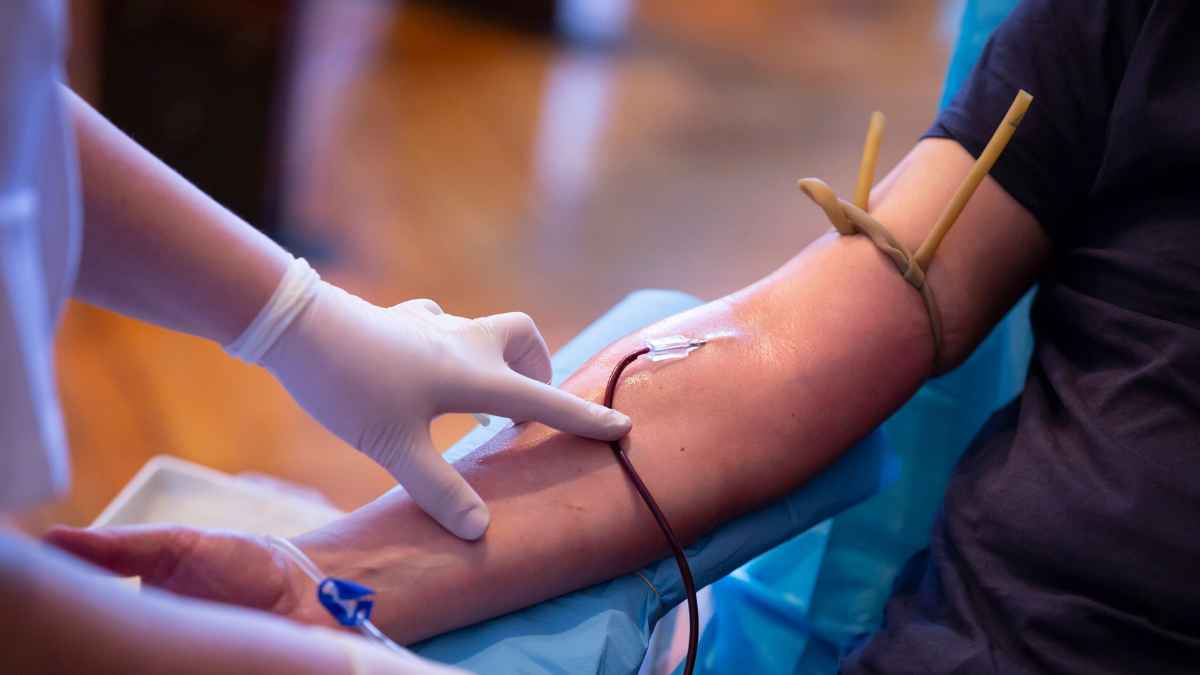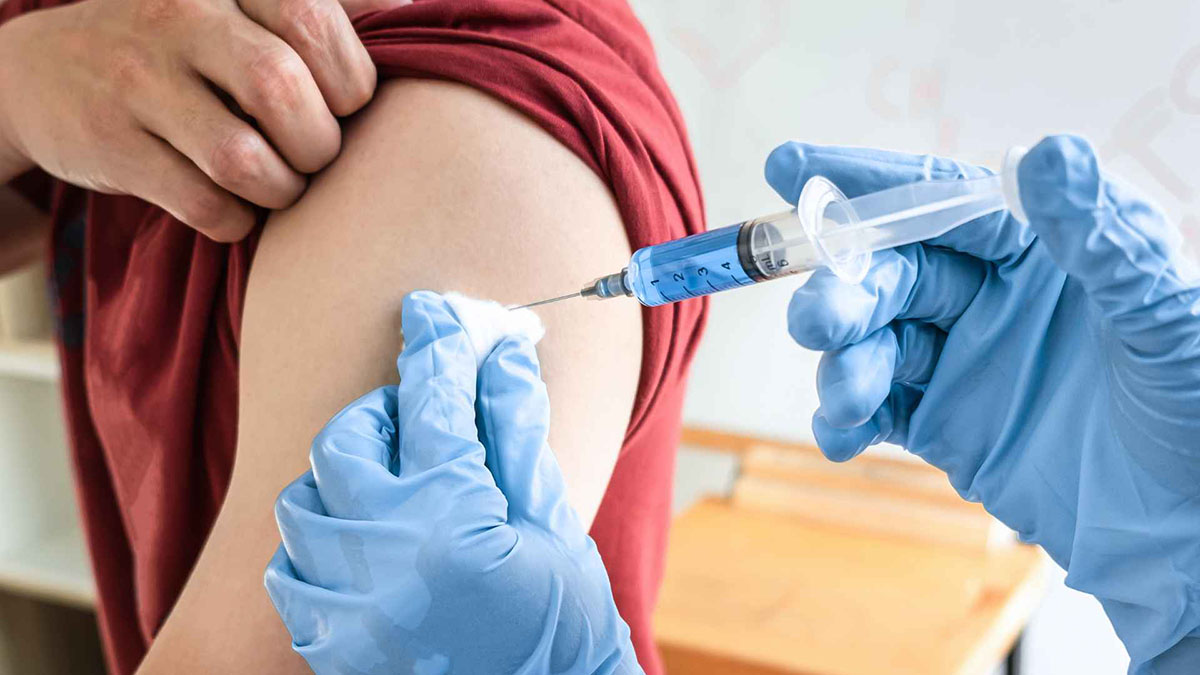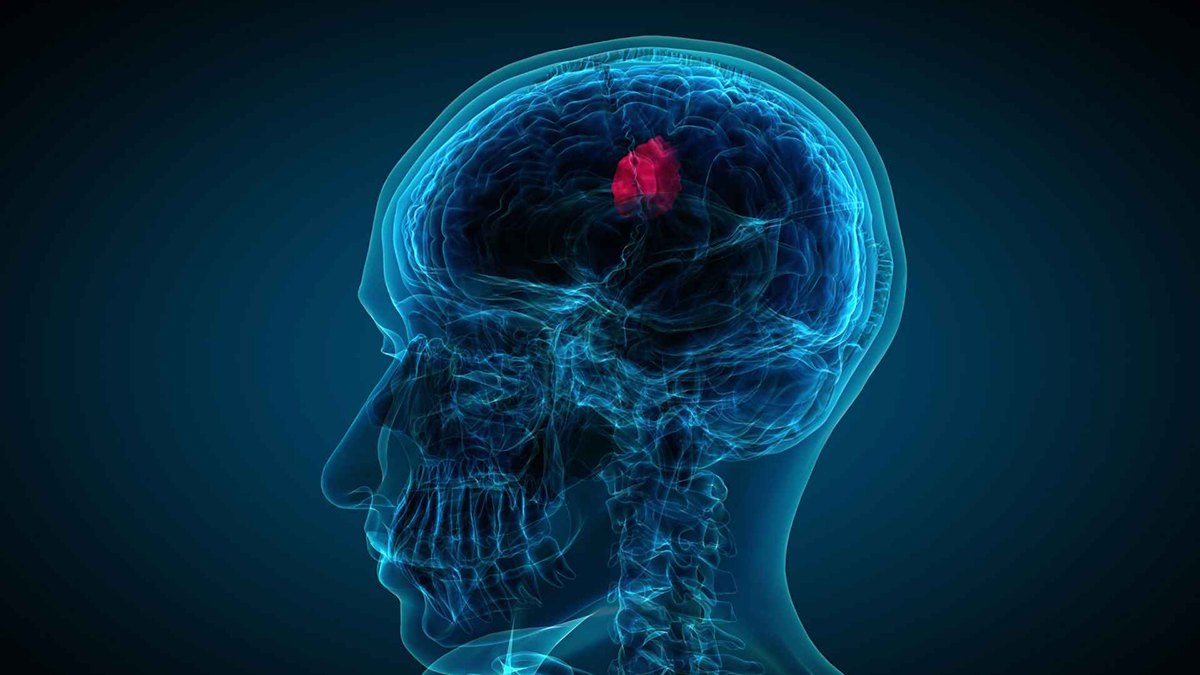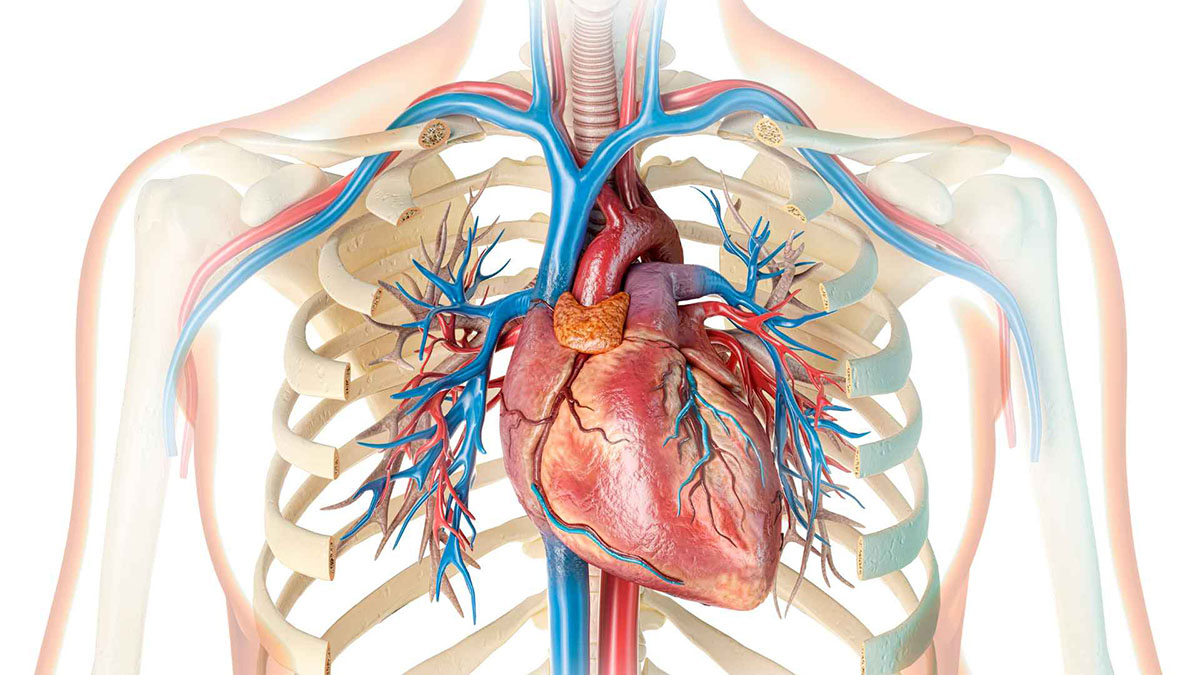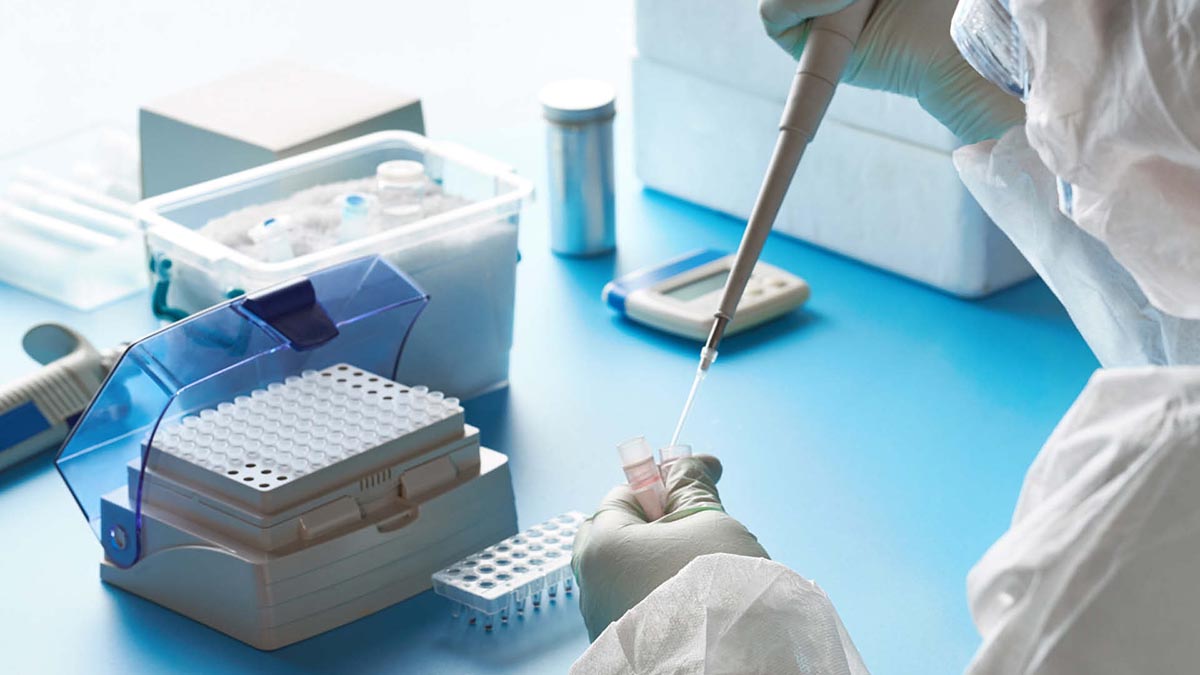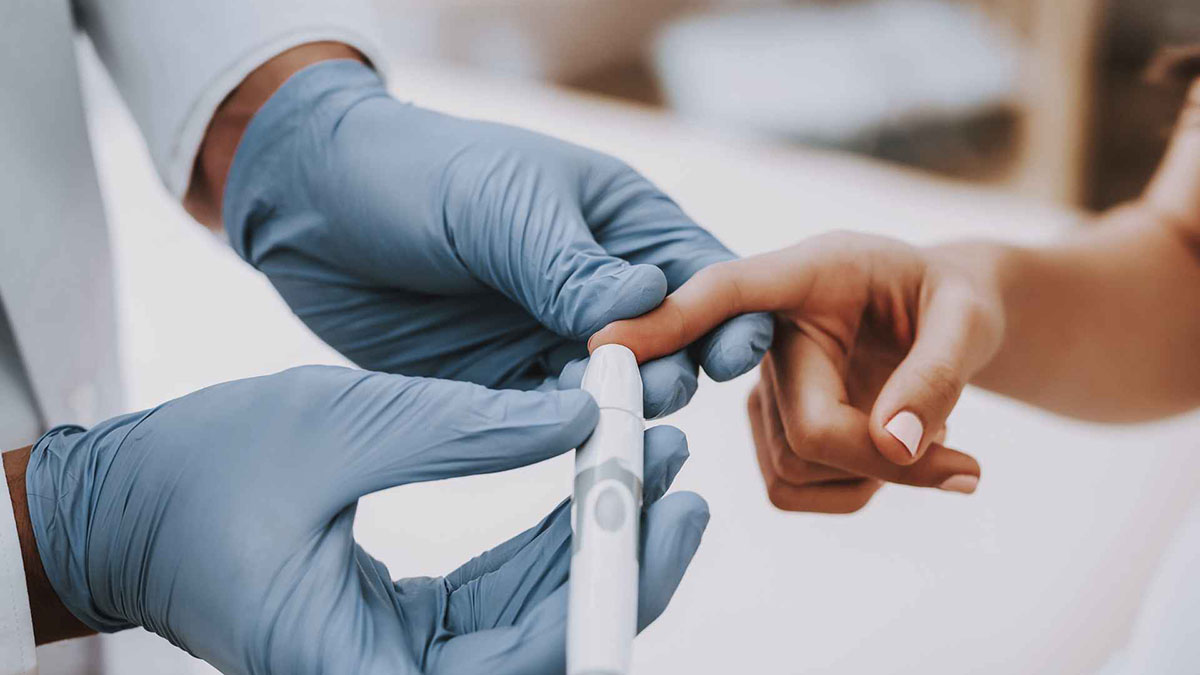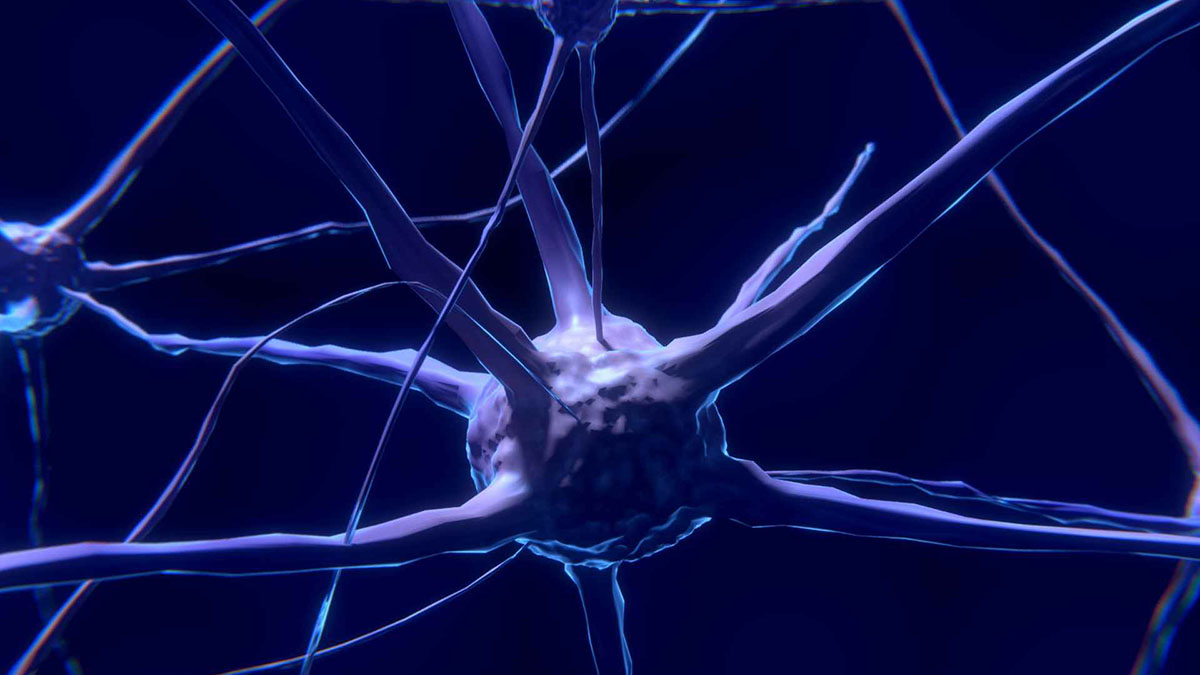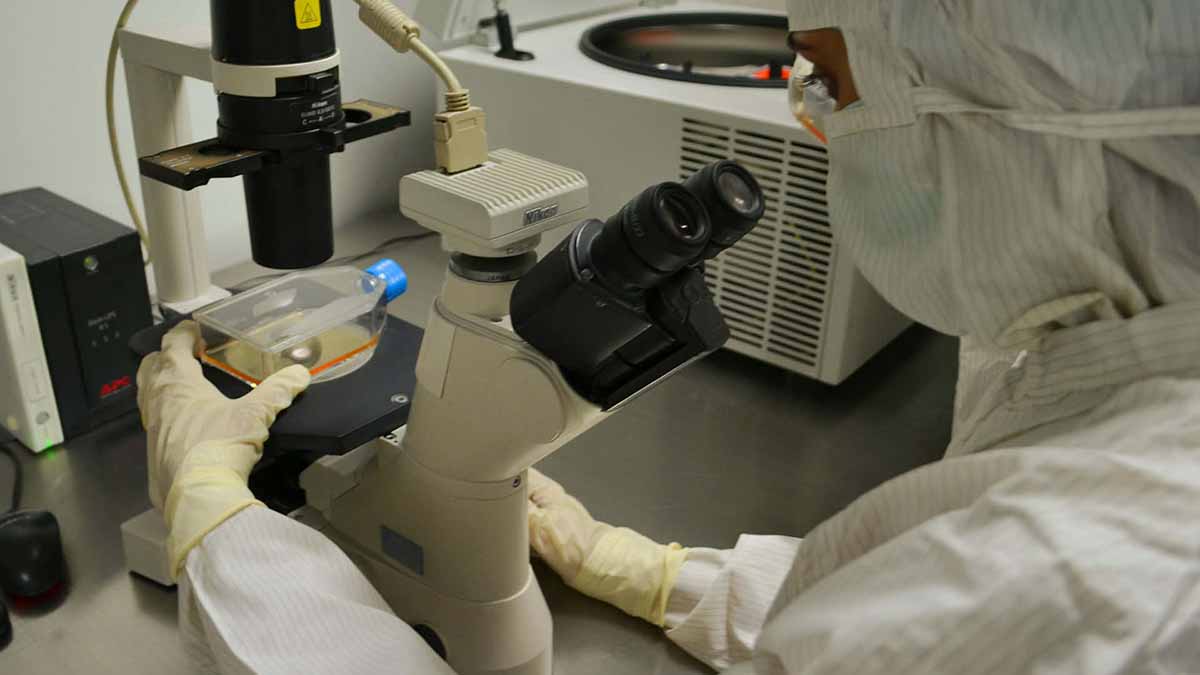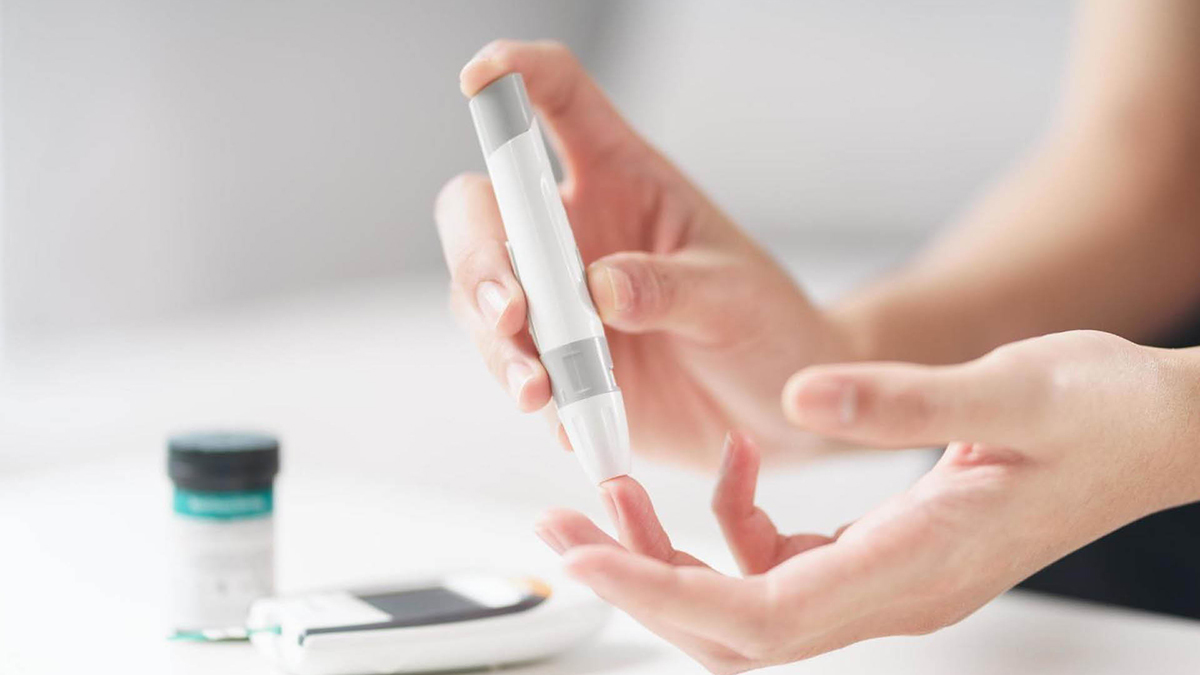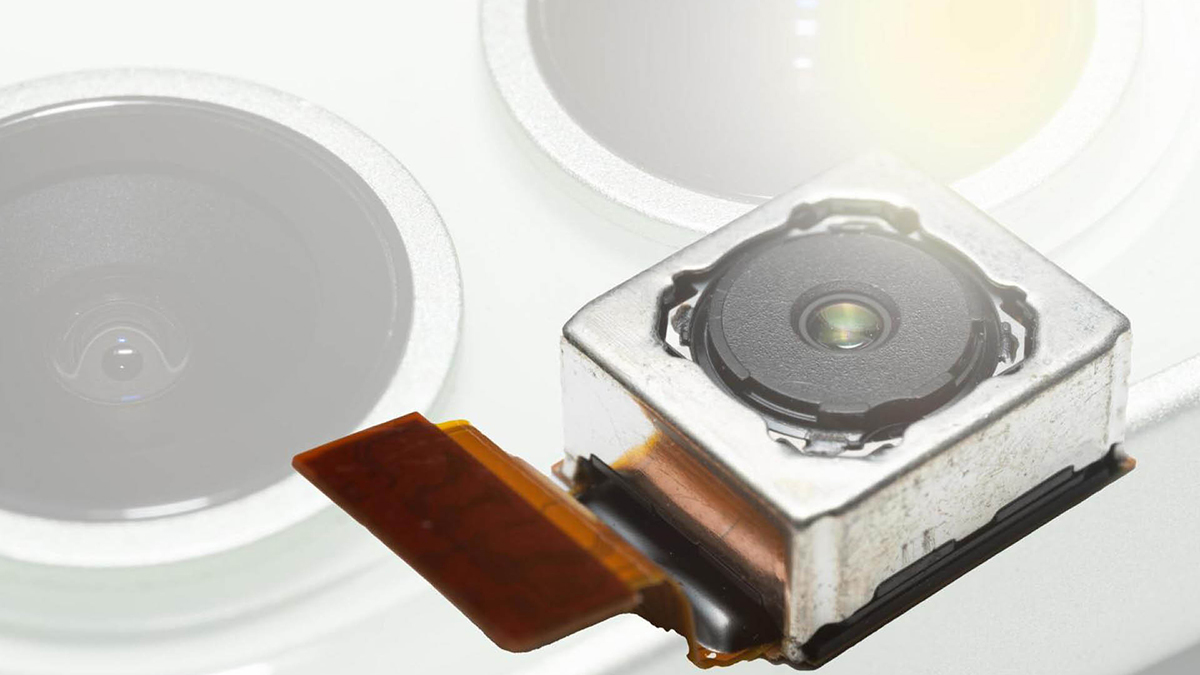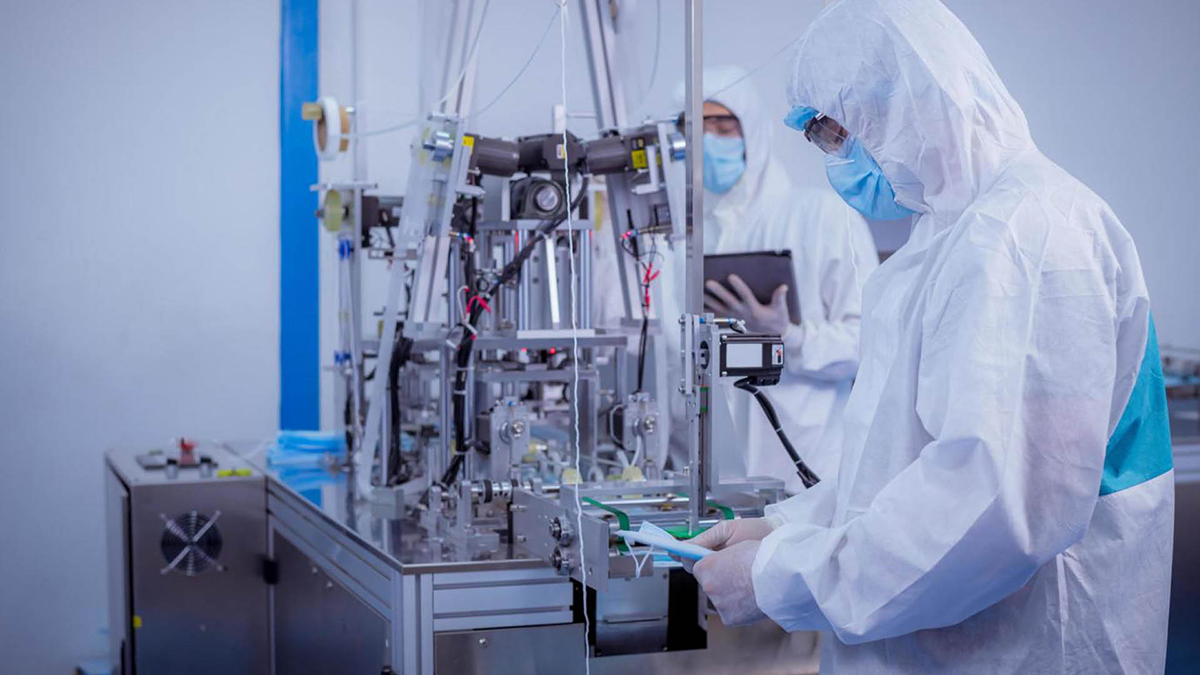
ALZpath, Inc. (ALZpath), a leading developer of diagnostic tools and solutions for Alzheimer’s disease and related dementias, announced the inclusion of data from evaluation of blood testing platforms utilizing its proprietary pTau217 antibody in several high-impact presentations at the 2025 International Conference on Alzheimer’s and Parkinson’s Diseases and Related Neurological Disorders (AD/PD™). The data is based on recent studies conducted by industry leaders, including Beckman Coulter Diagnostics, Bio-Techne, and Neurocode, and will be presented in seven symposia, seven oral presentations, and two poster presentations.
Alzheimer’s disease and related dementias are expected to impact nearly 153 million people globally by 2050. With the increase of cases and emergence of disease-modifying therapies, there is a greater and more urgent need for widespread, rapid, and accessible diagnostic testing.
ALZpath’s proprietary pTau217 antibody enables highly sensitive and accurate blood-based detection of phosphorylated tau at position 217 (pTau217), a key Alzheimer’s disease biomarker, supporting early-stage diagnosis well before symptoms appear. In addition, these blood tests can enable early patient identification, treatment qualification, and response monitoring, while building robust evidence to validate new therapies.
Assays incorporating the ALZpath pTau217 biomarker are in development for clinical (IVD) use, including distinct tests with breakthrough device designation from the FDA being advanced by Beckman Coulter Diagnostics and Roche. Other assays containing the ALZpath antibody are already in widespread use in research settings on testing platforms from Alamar Biosciences, Bio-Techne, and Quanterix, as well as in world-class laboratories such as Neurocode.
Broadened availability of advanced blood-based assays utilizing ALZpath pTau217 antibody in research and clinical settings may significantly enhance Alzheimer’s disease diagnosis and treatment by improving access to accurate and early detection and interventions, enabling risk stratification and monitoring of disease progression, and reducing reliance on other more invasive and costly tests.
“This data highlights the importance of ALZpath’s pTau217 antibody in transforming Alzheimer’s disease diagnosis and treatment, making early detection more accessible as demand continues to rise,” said Mike Banville, CEO of ALZpath. “These studies further validate that researchers and clinicians equipped with tests that include our antibody will be better equipped to identify Alzheimer’s disease before symptoms appear and the disease has progressed significantly, leading to more timely interventions and improved patient outcomes.”
ALZpath’s pTau217 antibody will be highlighted in seven symposia, seven oral presentations and two poster presentations. These include:
- Performance of the Beckman Coulter prototype plasma pTau217 and pTau217/aβ42 ratio assays in a cohort of individuals with cognitive impairment
- Presenter: Paul Wynveen, Senior Staff Scientist in the Clinical Chemistry / Immunoassay Research and Development Department, Beckman Coulter Diagnostics
- A comprehensive analytical evaluation and diagnostic accuracy study of the ALZpath ptau217 plasma immunoassay in two clinical diagnostic laboratories as a diagnostic test
- Presenter: Anna Mammel, Neurology Lab Director, Neurocode
- Leveraging Multiple Canadian Cohorts For Alzheimer’s Disease Plasma Biomarker Studies
- Presenter: Jennifer Cooper, University of British Columbia
- Risk stratification for amyloid β positivity based on plasma p-tau217 demonstrated diagnostic and prognostic utilities
- Presenter: Joyce R. Chong, Research Fellow, National University Singapore
- A Comprehensive Head-to-Head Clinical And Analytical Validation of Two Novel Plasma pTau217 ImmunoAssays in a Clinical Diagnostic Laboratory
- Presenter: Anna Mammel, Neurology Lab Director, Neurocode
- Investigation of Plasma Biomarkers for The Detection of Autopsy Confirmed Copathologies in Alzheimer’s Disease
- Presenter: Jennifer Cooper, University of British Columbia
The following presentations will be on demand:
- The Prognostic Value of Plasma pTau217 For Symptom Progression in Older Primary Care Patients- A Real-World Study
- Presenter: Luca Kleineidam, University of Bonn
- Precise and Sensitive Quantitation of pTau217 in Plasma and CSF Using an Automated Workflow
- Presenter: Warren Higgs, Bio-Techne
- Performance of ALZpath pTau217 in a Clinical Laboratory
- Presenter: Anna Mammel, Neurology Lab Director, Neurocode
“The identification of novel biomarker patterns for detecting specific co-pathologies could significantly improve the accuracy of AD diagnosis and help differentiate between various neurodegenerative diseases, leading to more targeted treatment approaches,” said Dr. Cheryl Wellington, Professor at the University of British Columbia. “With high stability across labs and strong diagnostic performance, these findings bring us closer to widespread, accessible early detection—critical for timely intervention and better patient outcomes.”


